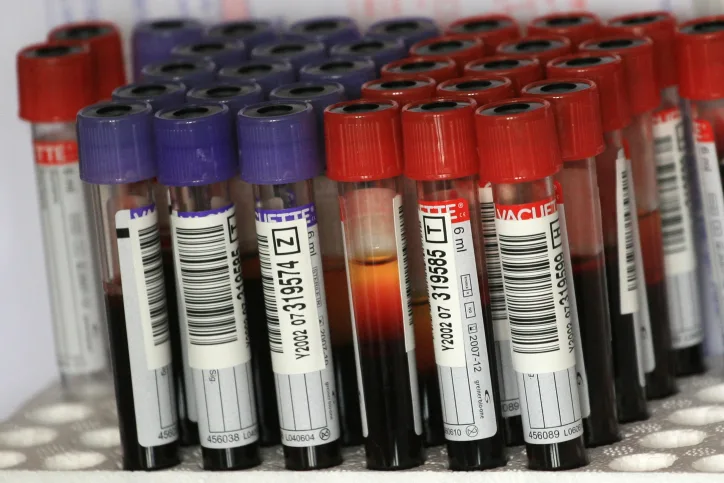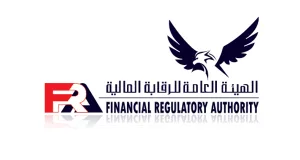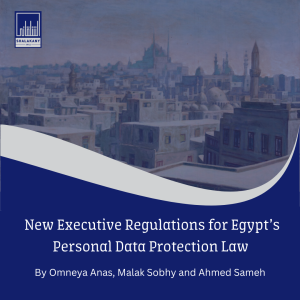As the national initiative for the donation of plasma takes momentum, the legal framework of the production and exportation of plasma has been further developed by the enactment of the executive regulations of the law organizing blood operations and plasma collection for the manufacture and export of their derivatives as issued by the Prime Minister’s Decree No. 2603 for the year 2021 on 6 October 2021 (the “BPER”).
The national initiative objective is to secure the nation with self-sufficiency in the plasma production needed for the creation of medicines that are commonly imported.
As such, the BPER was enacted to organise various aspects of blood operations and plasma collection, including the required operational licenses, the conditions for donation and other related aspects.
Licensing
The BPER indicates the licensing and inspection procedures and regulations applicable to blood operations centres (which comprise donation centres, storage centres and plasma collection units) and factories.
The term of a blood operations license shall be three years whereas the factory license shall be five years.
The BPER sets the fees for license application review, issuance and renewal, which vary depending on the type of facility that requires the license.
The BPER stipulates that plasma collection centre licenses can be issued to public bodies or private companies where public bodies have a controlling interest, provided in both cases that the centers enter into a manufacturing contract and are under the technical supervision of an international company specialized in plasma derivatives production. Other private bodies can be licensed, provided the applicant owns a licensed factory in Egypt.
The BPER also stipulates that a person cannot obtain blood operations centres licenses for more than two centers within the same Governorate, with a maximum of three Governorates.
Donation Conditions
The BPER also governs donations. It outlines the conditions that a volunteer must meet for his/her donation to be accepted. These conditions include, inter alia: (i) the donation must be voluntary, free from any fraud or coercion and supported by a written acknowledgment signed by the donor; (ii) the donor must be aged between 18 and 60 years old; and (iii) the donor must be medically fit and must have undergone the necessary medical examinations.
A donor can be compensated for the expenses he/she incurs in order to undertake his/her donation with a minimum of EGP 200 and a maximum of EGP 350 per donation session.
Market Reaction
Prime Minister Mostafa Madbouli emphasized the importance of the national project for the donation of plasma. Regulating blood operations for these purposes becomes essential to secure the country’s needs of plasma derivatives and reduces dependence on blood plasma imports, leading to ensuring drug security. The Ministry of Health and Population stated that the project contributes to achieving self-sufficiency in plasma derivatives to provide medicines for the treatment of many chronic diseases, blood, liver, and kidney diseases, as well as burns. This step is welcomed by medical practitioners as providing the legal framework for the development of blood and plasma donations.



